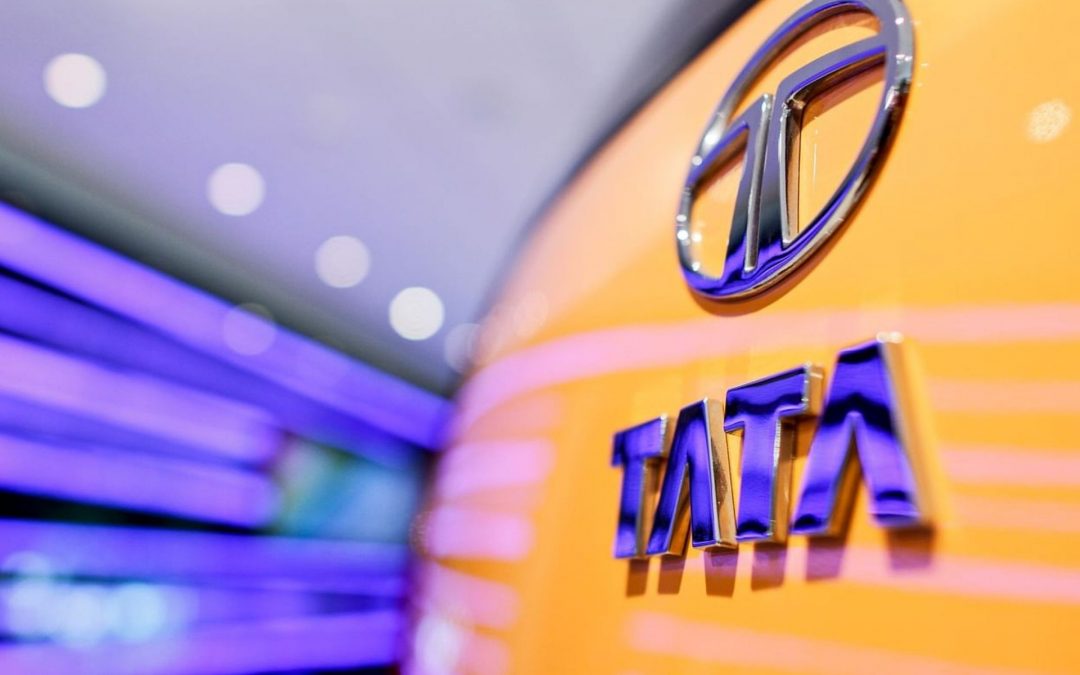According to reports cited by the media, Tata Motors has started discussions with sovereign wealth funds and private equity investors about selling a stake in its electric vehicle (EV) business to raise $1 billion.

The corporation intends to sell a sizable minority stake with a target market value of $10.5 billion. Among the funds and investors are Abu Dhabi Investment Authority (ADIA) and Mubadala Investment Company, both with headquarters in the United Arab Emirates, the Public Investment Fund, with its main office in Saudi Arabia, Temasek Holdings, with its headquarters in Singapore, as well as KKR and General Atlantic.
According to local sources, Tata Motors intends to use the majority of its revenues to pay off some of its outstanding debt and inject a minor amount as primary stock in the EV industry.
Behind Maruti Suzuki and Hyundai Motors in terms of sales, Tata Motors is the third-largest automaker in India. The company has already announced intentions to extend its range of electric vehicles and introduce several new models in the upcoming years.

According to previous reports, the corporation reportedly intends to collect $500–600 million from international investors for the EV sector and hopes to solidify its presence in the EV segment with 10 new electric vehicles by March 2026.
It was reported that the investors received the required convertible instruments to gain an ownership position in the company of between 11 and 15 percent. The initial round of funding funds was set aside for investments in EV manufacturing and technology development. The company’s goal of having zero net debt at a consolidated level by FY24 is likely to be missed at the time of the most recent round of fundraising, according to the study.
Tata Motors raised $1 billion in 2021 for its EV operation at a $9 billion valuation from TPG and the Abu Dhabi state holding company, ADQ, promising to invest more than $2 billion over five years.
Table of Contents
The EV market in India
With only 1% of the approximately 3 million cars sold in India each year being electric versions, the country’s auto market is minuscule compared to its population. By 2030, the Indian government hopes to increase this to 30%.
The Indian automobile industry, which is now the fifth largest in the world, is anticipated to surpass the US by 2030. When it comes to creating a national EV adoption strategy, the Government of India has always been at the forefront.

In 2020, sales of both passenger and commercial automobiles suffered significantly as a result of the COVID-19 epidemic. Yet, there was a minor change in India’s electric vehicle sales. The post-lockdown sales of these vehicles significantly fuel the pure and hybrid electric vehicle industry in India.
Uber Technologies announced earlier this week that it intends to introduce 25,000 EVs over three years in India and that it will purchase cars from Tata Motors, the country’s largest EV manufacturer. The automaker Tata Motors controls the domestic EV market, with its Nexon EV at the forefront.
Four out of every five electric vehicles sold in India in 2022 were manufactured by Tata Motors. Following the removal of 400 Tata CNG buses from the road by Mumbai’s civic body, shares of Tata Motors were trading 0.65 percent higher at 432.25 on Thursday.













